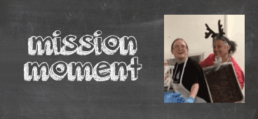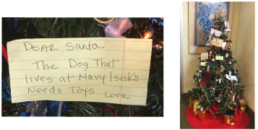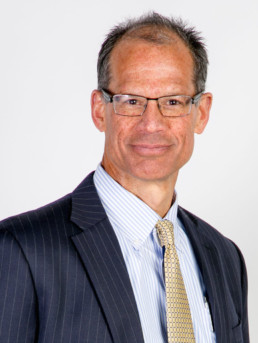I would like to sit down and have a cup of coffee with you to share our progress in serving the homeless, and hear from you about what we could be doing differently or better. Until then, I’d like to introduce you to a Virtual Cup of Coffee. This is my new monthly communique about the business and mission moments of COTS – Committee On The Shelterless. In the business portion, I will share the nuts and bolts of what we do to serve the homeless – our successes and our challenges. In the mission moment, I will share stories about our clients and our wonderful staff who make it all happen. I hope you enjoy it, and I look forward to your feedback.
All my best,
Chuck
Ending Homelessness
In 2016, the California Legislature passed SB 1380 that required all housing programs to adopt the Housing First Model. Sonoma County has since adopted Housing First (HF) to address our homeless problem.
Previously, COTS and other homeless providers followed the traditional model of “housing readiness” – a staircase approach where clients needed to show progress with their case management and compliance with shelter rules. As their behavior and progress improved, they moved up the staircase to transitional housing and then to permanent housing. This model aligned with American values of pulling oneself up by their bootstraps, hard work, and accountability. Sadly, this proved too difficult and many clients relapsed back into the streets.
Housing First originated 25 years ago and was a major shift in approach. HF believes that getting a person into a home first begins their physical and mental healing and immediately moves them from an outcast to a member of the community. Once a person is in a safe and stable environment, HF then surrounds them with supportive services. The success rate is much higher. Moreover, HF eliminates the need for costly long-term shelters and transitional housing and reduces the cost of a homeless person accessing expensive emergency services such as law enforcement and emergency room visits.
COTS adopted Housing First in 2017. The model does have its challenges, such as finding housing in an expensive county with a shortage of affordable housing. We have also made our share of mistakes. We are, however, part of a bigger partnership with the county government, elected officials, other homeless providers, and community leaders that together believe we can end homelessness through this model. I believe we can and will.
As one of our staff mentioned, a home is the foundation of family. It’s where we celebrate birthdays and holidays, grow our families, form our values, and create memories. Everything that is most meaningful and private happens in the safety of our home. Shouldn’t everyone have a home?

Christmas Gratitude
On Christmas morning several staff, some of our shelter clients, and I awoke early, went to the kitchen at the Mary Isaak Shelter, and started to cook a special Christmas breakfast for our clients. Our fearless leader organizing us was Silvia Montero, Manager of Shelter Operations. By then, Santa was long gone and so were the cookies and milk. Regardless, we had eggs going, pancakes on the griddle, sausages in the oven, fruit being sliced, and much more.
As our clients started filtering in for breakfast, its safe to say many were not expecting this. After all, they are homeless and looked upon with judgment. As they served themselves or were served by our staff, many expressed sincere gratitude and appreciation for what they were given.
Over the years, I’ve learned that gratitude is about appreciation; oftentimes, its about something having little to do with monetary worth. It’s also about a feeling of goodness – good things and benefits around us that we receive. These good things can be things outside ourselves – other people that help us achieve that goodness in our lives.
I’ve also learned that gratitude is a choice – we can choose to be grateful or not even in the most challenging times.
On Christmas morning our clients chose to be grateful for what they were given. Despite their situation – living in a shelter, suffering from addiction and mental health illness, they chose to show appreciation for their Christmas meal and the love, respect, and care given to them by staff and volunteers. Small acts of kindness every day can lift spirits, make a difference, and change the world.
Thank you to our staff, volunteers, and clients who made Christmas that much more special for ourselves and others.


Until next month,

Chuck Fernandez